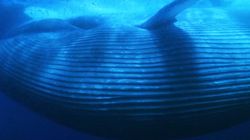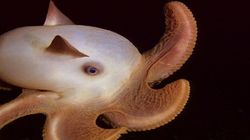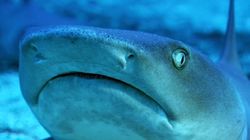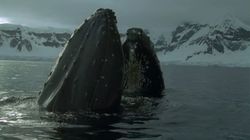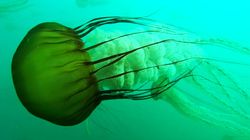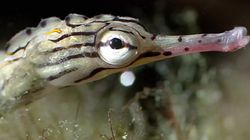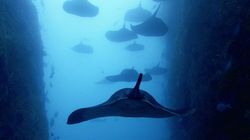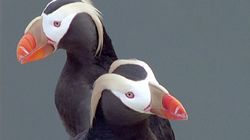Introduction
Episode: 1x01 | Airdate: Sep 12, 2001 (58 min)
Although 70 per cent of our planet is covered by water, the oceans and many of their inhabitants - such as the blue whale - remain an unexplored mystery. This edition travels to the very depths of the seas to reveal a spectacular variety of life - from alien monsters of the deep to pack-hunting killer whales attacking a grey whale calf.
Also features Making Waves, which shows how some of the sequences in the series were captured.



